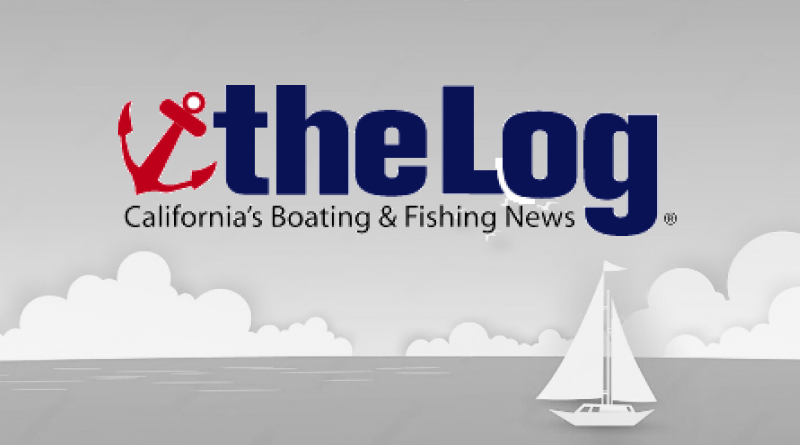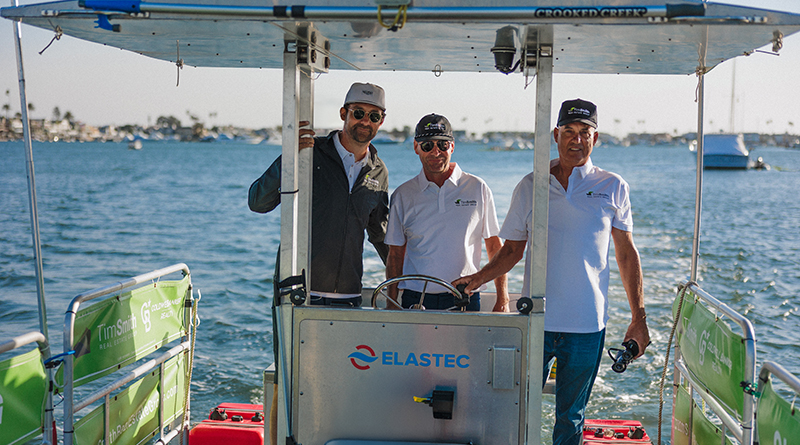 Does an individual who is selected and compensated by someone to skipper their bareboat charter sailboat need a Coast Guard license? The compensation in this case did not involve a cash payment and it consisted of only airfare, hotel, and meals during our trip. The skipper was not chosen, recommended, or required by the charter company and he has no ownership interest in the vessel.
Does an individual who is selected and compensated by someone to skipper their bareboat charter sailboat need a Coast Guard license? The compensation in this case did not involve a cash payment and it consisted of only airfare, hotel, and meals during our trip. The skipper was not chosen, recommended, or required by the charter company and he has no ownership interest in the vessel.

Our reader is concerned about Coast Guard licensing requirements during a bareboat charter, so we need to be understand bareboat chartering before we can answer his question.
A bareboat charter (also known as a “demise” charter) is a lease arrangement whereby the charterer takes on all of the rights and obligations of ownership without actually transferring title, and the owner is generally protected from liability against third parties. Like most principles of maritime law, bareboat charters were developed to manage the safety and commerce of ocean going merchant ships, but the concept is equally applicable to recreational boats.
To create a bareboat charter, the owner of the vessel must completely relinquish possession, operation, maintenance, command and navigation of the boat to the charterer. The charterer must supply the captain and crew and pay for the operation of the vessel during the term of the charter. If the owner is allowed to manage or operate the boat in any way, it is not a “bareboat” charter and the operation would be treated like a conventional charter boat that carries passengers for hire.
The yachting community is probably most familiar with the concept of bareboat chartering through the sailboat charter operations that are common in the Caribbean and elsewhere. Those operations typically involve the chartering of a sailboat in the 30 to 50 foot range for a week or two, where the charterer’s party has the freedom to use the boat without supervision from the owners or the vessel managers. Since the boat is often chartered without a professional captain, the charterer must demonstrate proficiency in the operation of the boat before leaving the dock through the completion of various tests or through certification by the American Sailing Association.
As noted above, bareboat charters often leave the dock without professional captains, but our reader is concerned about whether a captain on a bareboat charter who receives some form of compensation would need a Coast Guard license.
We will note preliminarily that when the Coast Guard looks at compensation for any purpose, they do not distinguish between types of compensation. They look only at whether the compensation was required to be paid as a condition for being aboard the boat for the voyage. The analysis is the same for the air fare and meals that our reader described as it would be for a cash payment. But regardless of the type of payment, our reader is looking at the wrong person. Types of charters are distinguished not by compensation that is exchanged between a captain and owner, but between passengers and the owner.
Generally speaking, Coast Guard “Manning Requirements” are governed by a number of federal statutes, particularly U.S. Code, Title 46 sections 8902 and 8903. These statutes govern “passenger vessels,” “small passenger vessels” and “uninspected passenger vessels,” all of which are vessels that carry passengers for hire.
Under a bareboat charter agreement, the charterer pays the owner to charter the vessel, and as described above the charterer essentially steps into the shoes of the owner for the duration of the charter. The charterer’s friends and family are therefore aboard the vessel as guests of the temporary owner rather than as paying passengers, so there is no need for a licensed captain, even if the charterer wants to hire someone more experienced to operate the boat during the charter.
David Weil is licensed to practice law in the state of California and, as such, some of the information provided in this column may not be applicable in a jurisdiction outside of California. Please note also that no two legal situations are alike, and it is impossible to provide accurate legal advice without knowing all the facts of a particular situation. Therefore, the information provided in this column should not be regarded as individual legal advice, and readers should not act upon this information without seeking the opinion of an attorney in their home state.
David Weil is the managing attorney at Weil & Associates (weilmaritime.com) in Long Beach. He is an adjunct professor of Admiralty Law at Loyola University Law School, is a member of the Maritime Law Association of the United States and is former legal counsel to the California Yacht Brokers Association. If you have a maritime law question for Weil, he can be contacted at 562-438-8149 or at [email protected].
Ask your question online at thelog.com.







